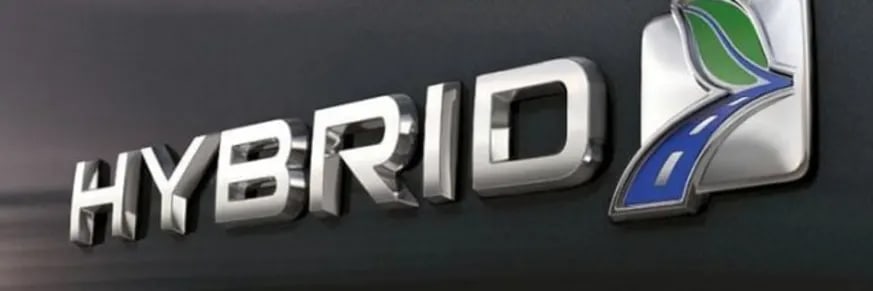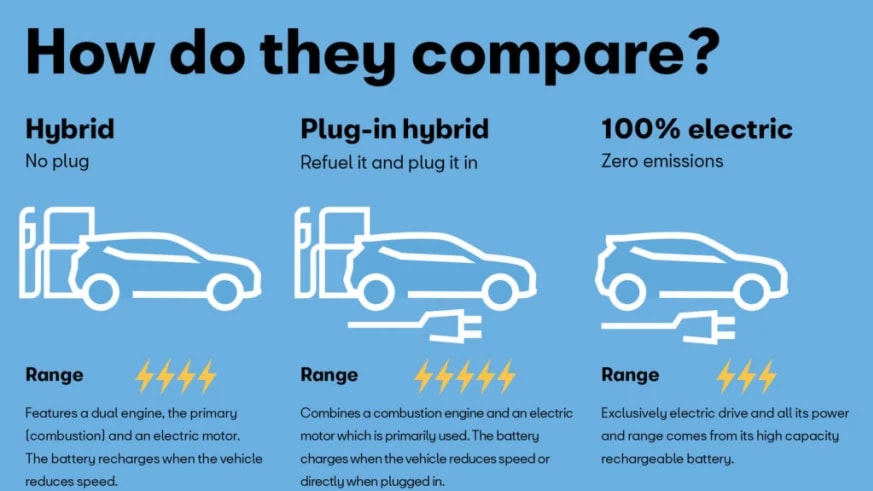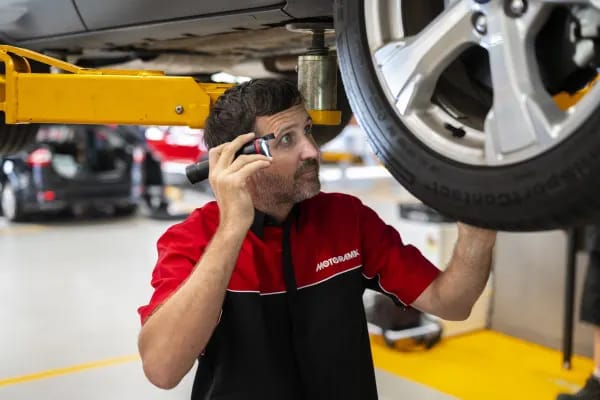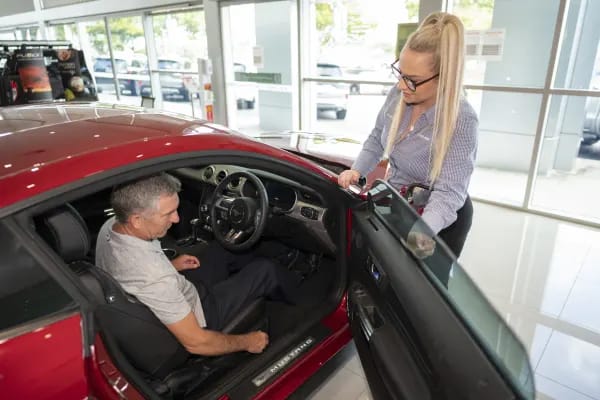
5 Hybrid Myths Busted
Posted in Buyer Advice
5 Hybrid Myths Busted
Mention hybrid at a birthday party and you can be sure there will be an 'expert' that has got something to say. Unfortunately most things people know about hybrid technology is based on hear-say and many believe in the myths that are being told over and over - whether it be about the reliability, performance, how it works or the resale value. So we've put the 5 most common myths together and busted them, one by one.
HYBRID MYTH #1 - THEY AREN'T RELIABLE
Believe it or not, but the hybrid battery isn't likely to need replacement during the lifetime of your car. They've been manufactured to last the typical life of the vehicle and there are many examples of hybrid vehicles that have done over 300,000km without needing a battery change. Maintaining a hybrid also doesn't cost more then a conventional car with most manufacturers – perhaps even less due to decreased wear and tear on the engine and braking system. That's why some manufacturers back them with an 8 year warranty.
HYBRID MYTH #2 - THE ENGINE IS SLOW AND SLUGGISH
A hybrid slow and sluggish? Think again! Where a petrol or diesel engine needs to make revs in order to create power, this is immediately available in a hybrid vehicle because of the electric engine. Off the line this means you get instant throttle response, resulting in quick acceleration. When the petrol engine kicks in the power just keeps going, so you'll get the best of both worlds. The technology offers the driving and acceleration performance of some vehicles with much larger engine displacements. Plus you'll get the added advantage of an improved fuel efficiency with the electric engine.
HYBRID MYTH #3 - YOU NEED TO CHARGE IT ALL THE TIME
You don't need to charge a hybrid vehicle. There, we said it. A hybrid car can be driven for short distances on electric power only. This is particularly useful in stop-start traffic, where you can enjoy the silence of not having an engine running and are not polluting or pushing out emissions. It will also work when driving at slow speed through the neighbourhood (on an early Sunday morning) for example. However, a hybrid can't run if there is no petrol in the tank. So how does the battery charge? The battery charges through regenerative braking (recapturing much of the car's kinetic energy and converting it into electricity that can be used to recharge the car's batteries), and through the internal engine when driving.

HYBRID MYTH #4 - THERE IS NO CHOICE IN VEHICLES
Most people think of a Toyota Prius when you mention hybrid. The Prius was well and truly the pioneer in this space and found a solid buyer base after the market understood the technology and benefits. There are now a variety of hybrid models available, and in the last few years, Hybrids have evolved from stand alone models (like the Prius) to being offered in more mainstream models. For example, Toyota now also have a petrol only and a petrol/hybrid version of the Camry, Corolla and RAV4, with a hybrid version of the Hilux and Landcruiser earmarked for the near future. Mitsubishi retail the Outlander PHEV (which you can plug in to charge), you can find the Nissan Pathfinder Hybrid (now discontinued) as a Pre-Owned option, just like the Holden Volt and several other makes and models.
HYBRID MYTH #5 - THE RESALE VALUE IS LOW
Now that hybrid vehicles have become mainstream, they tend to keep their value much better than over a decade ago. Of course, this still depends on how it was maintained and driven. Compared to a petrol or diesel car, they definitely don't lose more value over the years or as kilometres go up. There is a good reason why hybrids are the vehicle of choice for taxi and ride-share drivers. Next to their reliability and fuel efficiency, they hold their value very well.
Hybrid technology is not a fad and is here to stay, with many future developments and further hybrid & EV variants coming. And if you don't believe us, here is what Guy Sebastian has to say:
So now we've debunked the five most common hybrid myths. They're reliable, fast and furious thanks to having two engines - not just one, you don't have to charge them all the time, you can chose from a wide range of vehicles and when you want a new one, the resale value of your old hybrid isn't any lower than a conventional vehicle.
One thing that's definitely not a myth is the lower fuel consumption of hybrid vehicles. As the price of petrol keeps fluctuating dramatically all the time, it's certainly advantageous to be less dependent on fuel prices and you can do many more kilometres before having to head out to the pump!
So if you've dismissed hybrids as a fad, perhaps it time to reconsider as not only are they a great proposition and good for the environment, they are becoming more and more popular and available across more manufacturers.



